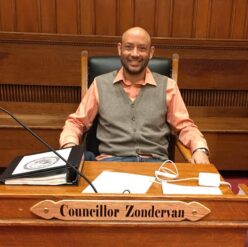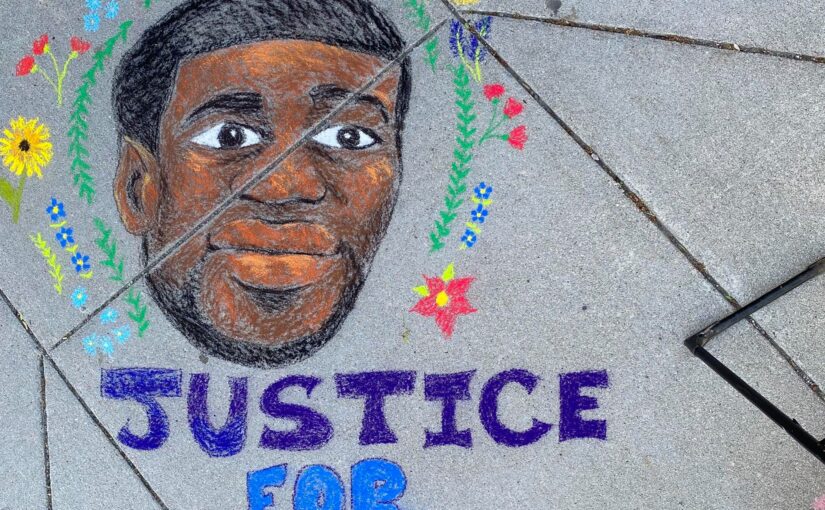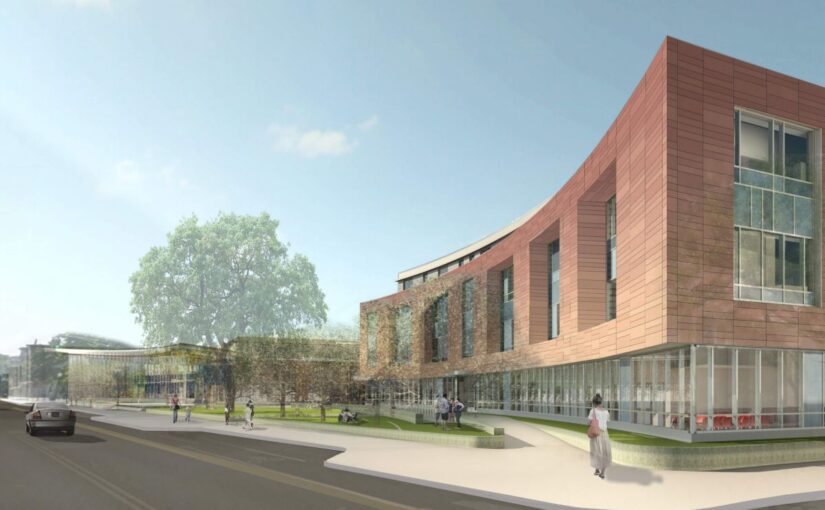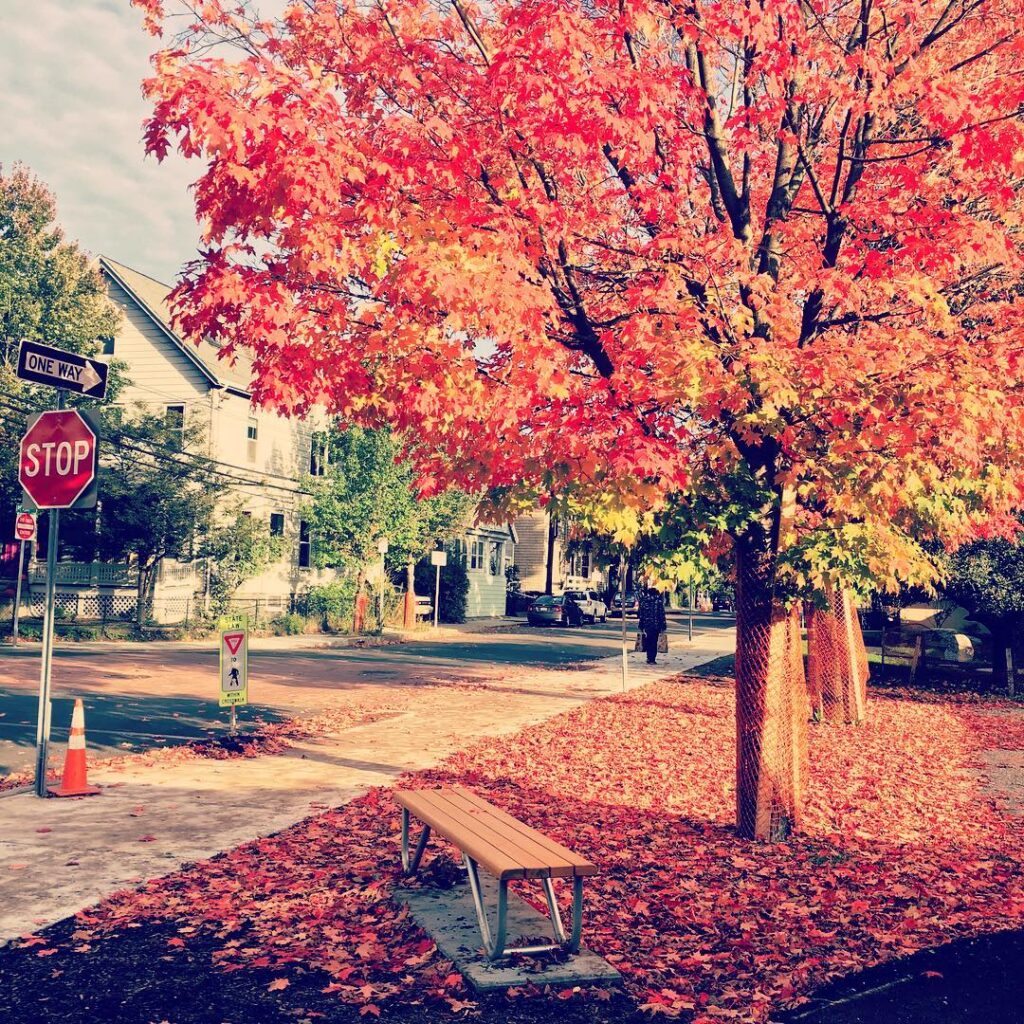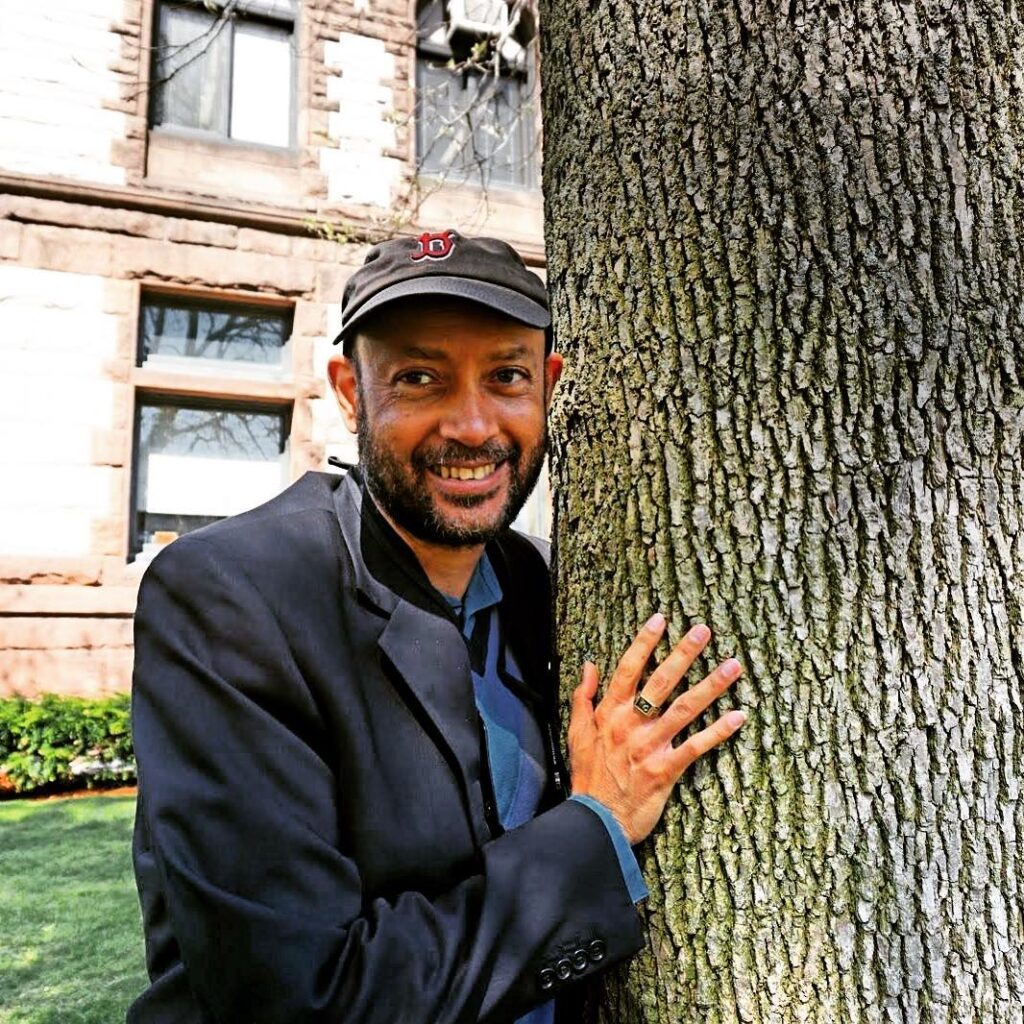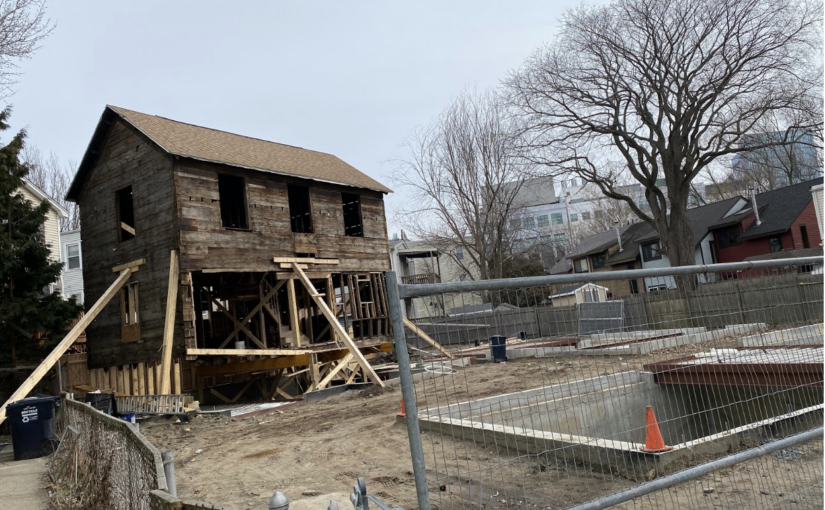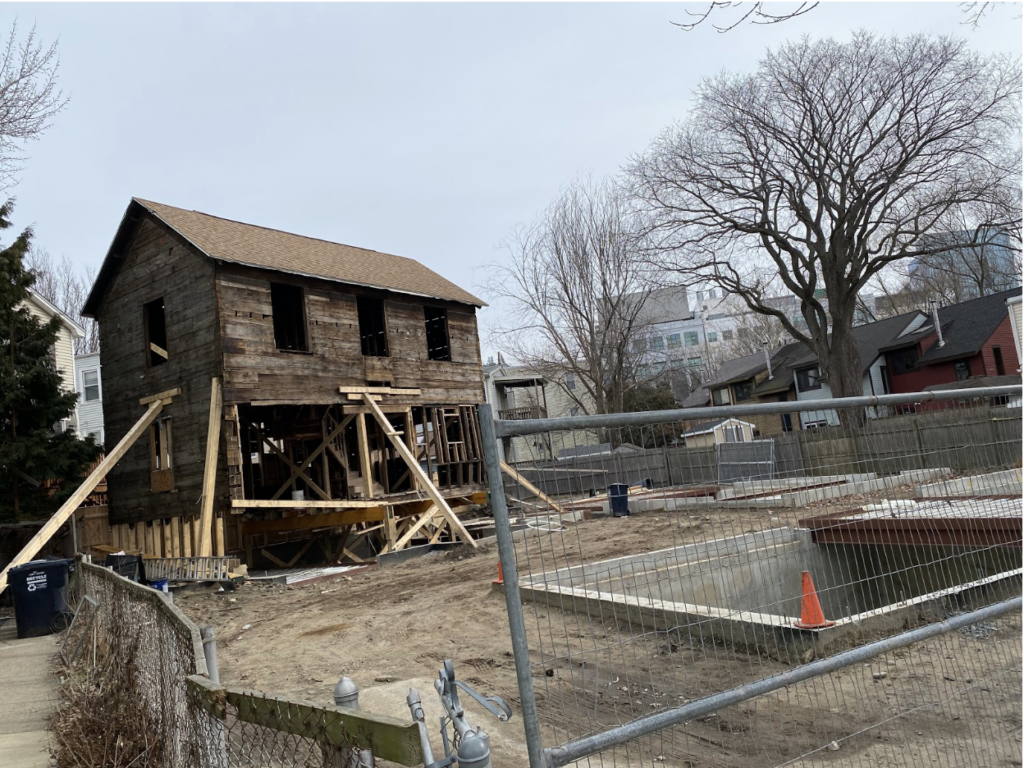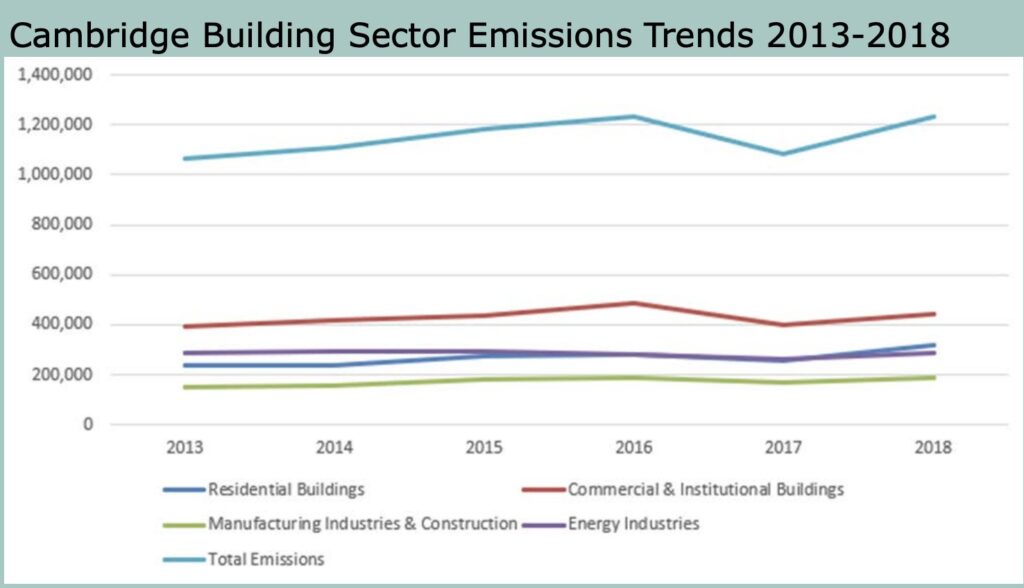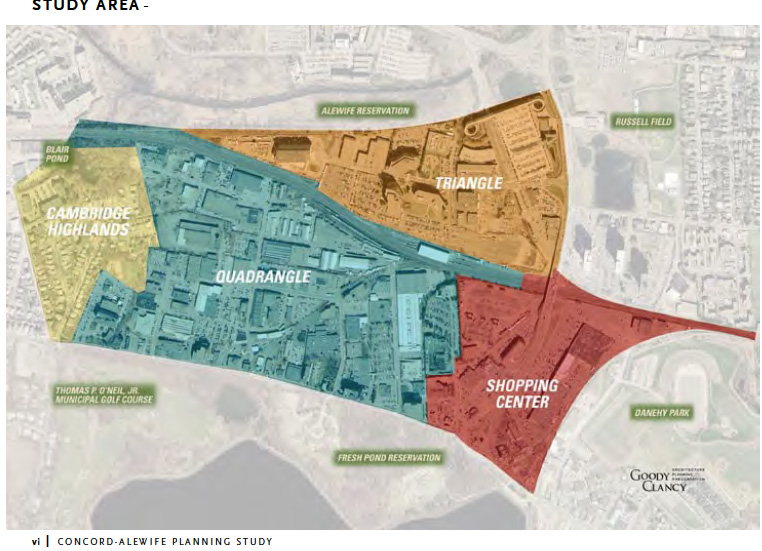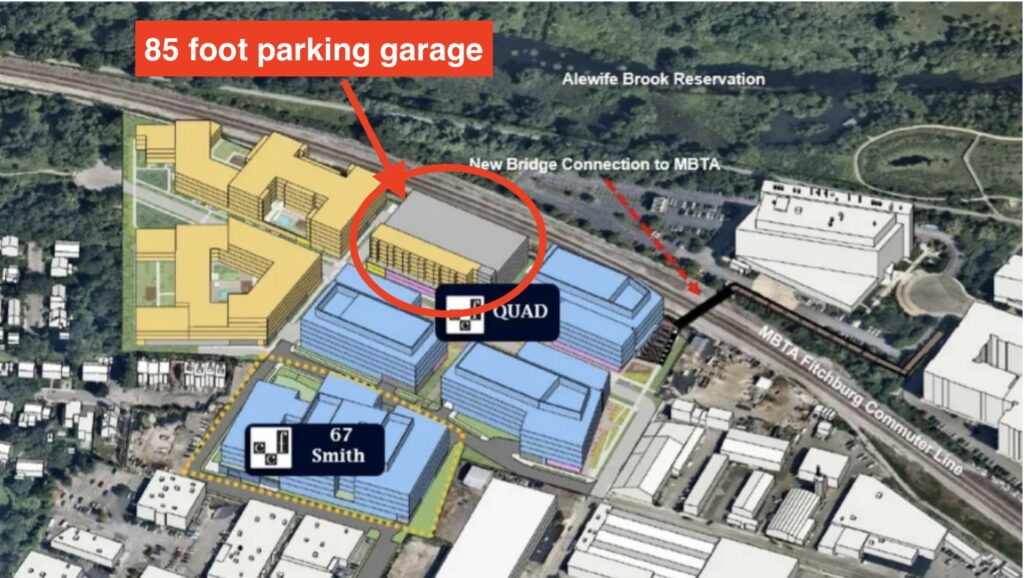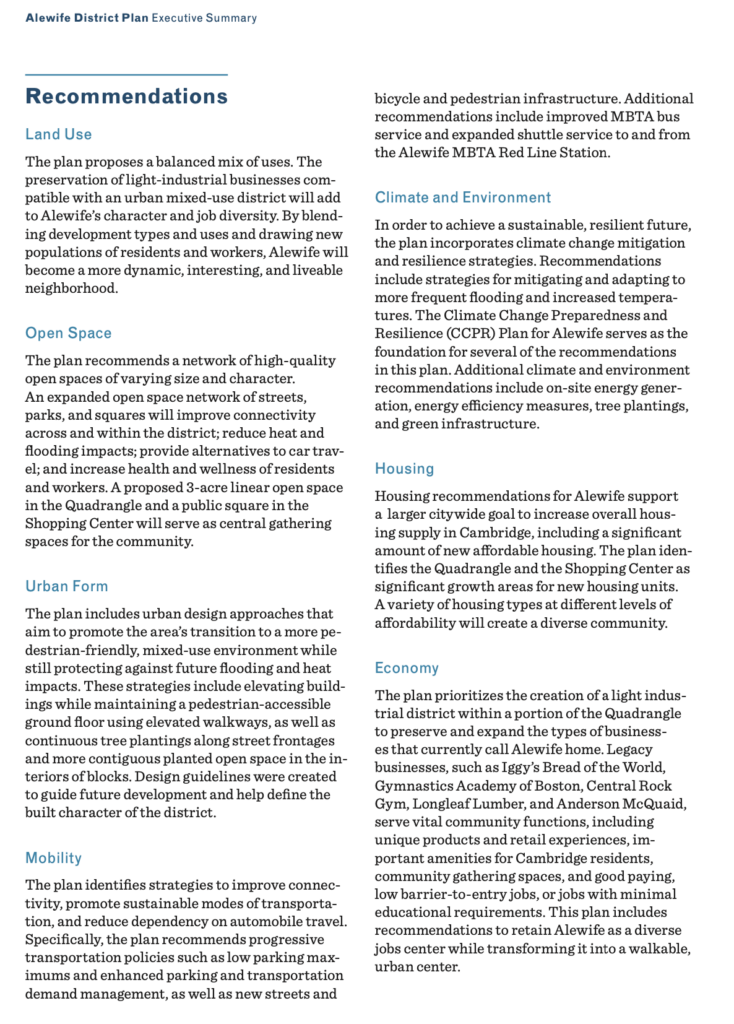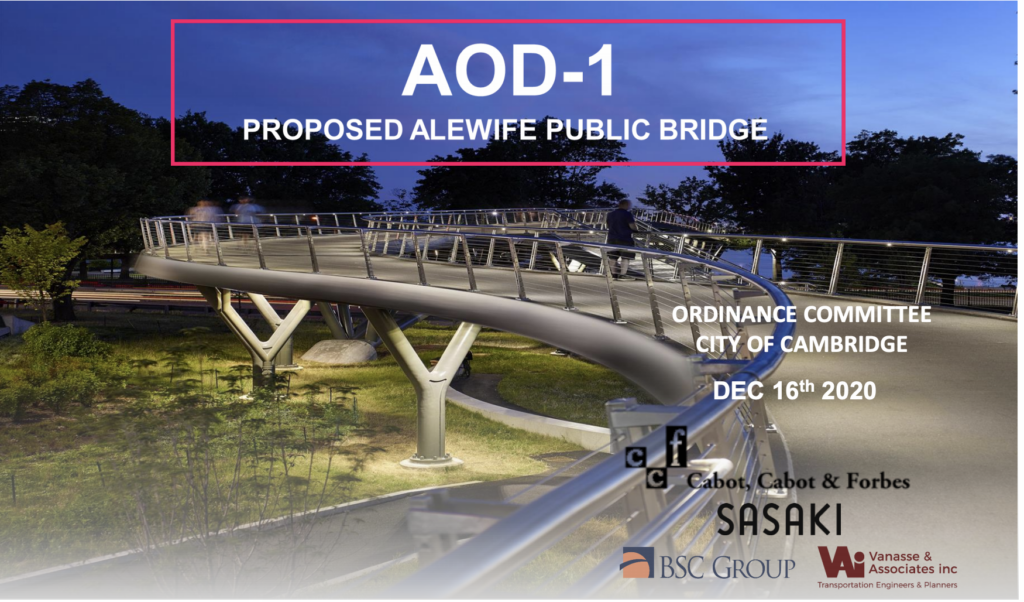Each item is marked with either “passed/secured”, “defeated”, “in progress”, or on the “City Manager’s desk”.
Passed: cannabis equity period extension
We passed an extension to the cannabis equity period that Mayor Siddiqui and I had originally passed last term in an effort to build equity in the city’s emerging cannabis industry. We have worked hard to make sure that people from communities that have faced disproportionate impact have a chance to benefit, and the hope is that soon there will be Black-owned cannabis retail stores all over the city. Opening a cannabis retail store is an incredibly complicated process involving multiple levels of government, and equity applicants have often had to navigate it without access to legal counsel. The pandemic has also caused significant delays for applicants at every step of the way. Our policy also survived a legal challenge from the white owner of Revolutionary Clinics, who argued in court that the policy is racially discriminatory against white applicants. Despite all the adversity, we heard an encouraging update from the city that 7 equity (EE) applicants have received their business permit and will soon open stores. Most of these businesses are owned by Black entrepreneurs who grew up in Cambridge and Boston, evidence that our policy has been effective and needs more time to bear fruit. As just one example, an applicant is set to open on First Street in East Cambridge in the shadows of the Sullivan Courthouse where he was once incarcerated for a low-level drug offense. Read more on my blog!
Passed: Domestic Partnerships Ordinance
I worked with Mayor Siddiqui and the LGBTQ+ Commission to update and expand our Domestic Partnerships Ordinance. Cambridge has had this ordinance in place since 1992, but it was previously limited in applicability and scope to traditional monogamous relationships. People in polyamorous relationships can now enter into domestic partnerships and access the legal benefits that come with doing so, including the right to confer health insurance benefits or make hospital visits. This is also a great example of working across municipal borders to make progress as a region. We took inspiration from Somerville on this change, and then they went back and did an additional round of updates to their language based on what we passed here in Cambridge. To obtain a domestic partnership, visit the Clerk’s office at City Hall during regular business hours and bring the $35 fee. More information is available here!
Passed: Tree Protection Ordinance
I led the effort to strengthen the Tree Protection Ordinance to protect trees on private property for the first time. We also extended last term’s tree-cutting moratorium until the new rules were in place, preventing a cutting frenzy during the transition. Big victories here included changing the definition of “significant tree” to encompass 49% more trees, expanding the Tree Replacement Fund so that it can be used throughout the city instead of just along public right of ways, and creating a “duty of care” provision which requires everyone to take care of the trees on their property. These changes will go a long way towards curbing the extreme tree canopy loss of the last decade. I am so grateful to everyone who contributed to this important work including the volunteer members of the Urban Forest Master Plan Task Force who spent 18 months studying the issue in-depth, DPW Commissioner O’Riordan and all the city staff who rose to the challenge of enforcing the council’s interim moratorium, as well as our former Vice Mayor Jan Devereux whose visionary leadership sparked the years-long journey to the council adopting these amendments. You can read about the amendments in more detail on my blog post!
In progress: expanding Memorial Drive closures
I’ve been a consistent advocate for moving towards a safer Memorial Drive that is more accessible to pedestrians and cyclists. In the short term, that has meant successfully advocating for Saturday closures and weekend closures into the winter (weather permitting). Longer-term, I’d like to see the elimination of at least one vehicular lane in each direction to make more space for people. Right now the conditions are completely unsafe, especially along Magazine Beach and the BU rotary. DCR has long promised a redesign of this section, but it seems to have been put off by the pandemic.
In progress: prioritizing public health
I have led the city through the uncharted waters of the pandemic with a relentless insistence on prioritizing public health, protecting our most vulnerable residents and addressing racial disparities in case rates, testing, and vaccine access. I have demanded clear accountability from our City Manager on the city’s COVID response, never shying away from asking the tough questions and giving honest feedback. I continue to maintain www.covid.quintonzondervan.org with charts that analyze the latest Cambridge data, providing insights on the pandemic not available from the city’s website. I continue to fight hard for widespread vaccine distribution, equitable and frequent testing options, data transparency, and public health measures to maximally protect our safety.
Secured: Restoring 68 Bus service
The MBTA’s service cuts to bus routes in Cambridge could not have come at a worse time. Right as we were asking scholars to attend school in person again, the MBTA cut the 68 route which many Port scholars rely on to get to and from school each day. I worked with Representative Connolly, School Committee Member Ayesha Wilson, and the MBTA to restore bus service to students living in the Port so that they continued to have a ride to and from school each day. Eventually, the MBTA restored service completely to the 68 line.
Secured: $2 million for the Margaret Fuller House
I worked with the Mayor to secure a $2 million contribution to the Margaret Fuller Neighborhood House (MFNH) in the Port. We were able to secure this donation from BioMed Realty, in connection with their plans to develop the Constellation Center (Parcel C). This funding is the largest donation the neighborhood house has ever received and came at a critical time as MFNH is trying to meet its capital budget needs. MFNH had been considering a sale of their large parking lot to build market-rate condos, but this money has given them the financial flexibility to pursue an outcome that better meets the needs of the community. That parking lot has been an important community space for the Port neighborhood over the years, and any redevelopment plan should preserve open space where people can gather and kids can play.
Secured: thousands of additional tree plantings
Since my first election in 2017, I’ve worked hard to secure more funding for tree planting, with a focus on equity. The neighborhoods with the least amount of trees tend to be where the most vulnerable residents live and are also the places most vulnerable to the impacts of climate change, including extreme heat and flooding. We need to plant as many trees as possible right now, and my advocacy has led to thousands of trees being planted all over the city. I am particularly proud of my advocacy to get 12 new trees planted in Greene-Rose Heritage Park in the Port, as well as my success in getting the city to work with DCR to plant and care for new trees at Magazine Beach.
Secured: bringing back Cambridge Carnival
I worked in partnership with Nicola Williams and the Carnival Committee to hold a committee hearing on the importance of continuing Cambridge’s Carnival tradition, and we passed a policy order calling on the City Manager to allocate more resources to the event so that it could take place safely. While our efforts were waylaid by the pandemic, I was so proud to take part in Carnival again this past September representing my home country of Suriname. I am so appreciative of Nicola, former Mayor Reeves, the Carnival Committee, and everyone else who made the day such a joyful success.
Passed: Green Roofs Ordinance
I helped secure the passage of a strong Green Roofs Ordinance that will require new development larger than 25,000 square feet to include plantings or integration of plantings and solar panels on their roofs. Passing this ordinance was not easy, because there was significant resistance to it from commercial interests that made their way into the council chamber. By working with the advocates from Mothers Out Front and my colleagues, we were able to put together a version that could pass and requires green roofs on large new buildings.
Secured: COVID testing in homeless shelters
It might be hard to believe now, but at one point the city wasn’t planning to offer or require COVID testing at the temporary congregate facility that was set up at the War Memorial fieldhouse. My insistence and persistence led to a reversal of this approach ahead of the shelter’s opening, so that all unhoused people who stayed there were able to receive testing onsite.
Secured: Two new non-congregate shelter options
Working in partnership with Councillor Sobrinho-Wheeler, our advocacy for the unhoused community this term has led to two new shelter options, Spaulding and Green Street. This has made a huge difference for many, but we need to do even more to ensure we have options that meet everyone’s needs. We should also work with MIT to renovate and expand the 240 Albany Street facility.
Passed: Right of Return housing preference
I secured a key amendment to the Affordable Housing Overlay which creates a preference for people who have been recently evicted from Cambridge. Displacement is devastating for an individual’s chances of securing affordable housing in our city. Under our current system, you lose your place in line as soon as you leave the city, even if you’ve already been waiting for years. Adding a preference for people who have been recently evicted centers their needs and gives them the best chance of finding affordable housing, instead of punishing them for having to move away. I am excited to see recently evicted residents get placed in units created by the Affordable Housing Overlay, allowing them to return home.
Passed: Linkage Fee Increase
One of the final things the council got done before the COVID-19 pandemic hit was to adopt my proposal to raise the linkage fees by $3 per square foot. At the time, we stated a goal of passing a small increase very quickly and then having a deeper conversation about a much more substantial increase. While that conversation was put on hold by the pandemic, I am excited to be a cosponsor of Councillor Sobrinho-Wheeler’s proposal to raise it to $33.34 per square foot.
Passed: Cycling Safety Ordinance
I worked with colleagues and advocates to strengthen the Cycling Safety Ordinance; now we can expect a full buildout of the protected bike lane network within five years. I won’t support any proposal that delays the timelines set forth in the Cycling Safety Ordinance
Passed: Real Estate Transfer Fee Home Rule
I worked with colleagues and advocates to pass a real estate transfer fee home rule petition. This has long been called for. It is important to capture revenue from expensive real estate transactions so that we can build more affordable housing. As just one example, One Memorial Drive was recently sold for $825 million dollars. A 3% real estate transfer fee would have netted the city $25 million for affordable housing from that sale alone.
Defeated: Missing Middle zoning petition
I led the opposition to the Missing Middle zoning petition which proposed upzoning the entire city for market rate housing without any affordability provision, including in the Port and Wellington-Harrington neighborhoods. This petition took a hammer to the zoning code with sweeping disregard for the most vulnerable people in our city, carrying with it an inevitably racist and classist impact. Zoning has long been a tool of oppression and racism, but it is misguided to think that we can undo those long entrenched patterns by deregulating the zoning code for market-rate housing only. As activists reminded us during this process, history doesn’t repeat but it does rhyme. Upzoning an already dense, expensive housing market full of vulnerable renters is a dangerous game, especially without any legitimate tenant protections or stronger condo conversion restrictions. I proposed an amendment that would generate affordable units as part of these small infill projects to mitigate some of the harm while creating more affordable homeownership opportunities for longtime residents of historically oppressed and neglected neighborhoods in our city. This concept would work synergistically with my other proposal to issue a city bond for more affordable homeownership construction, and I look forward to advancing them both next term. Read more about this on my blog.
Defeated: Eversource Substation
I led the charge to oppose the electrical substation that Eversource had proposed for Fulkerson Street in East Cambridge, right across from the Kennedy Longfellow School. I stood with my neighbors in opposition to the substation and to a process that did not consider the voices of the community. Eversource also failed to seriously consider alternatives that would avoid the need to build a substation altogether. In New York City, Con Edison was able to avoid a 1.2 billion dollar substation expansion by investing 200 million into distributed resources, demand management, and energy efficiency improvements. Traditional grid expansion and new substations are counterproductive to our climate goals because electricity in Massachusetts is currently only 14% renewable under the state’s renewable portfolio standard. We need to demand that new construction is built in such a way that it does not add to our demand, or not built at all, and we need to focus on distributed resources, demand management, and energy efficiency improvements to solve our capacity problem. The biggest problem of all is that our utilities are run as for-profit businesses instead of as true public utilities, so there is a profit motive to perpetually increase our grid rather than more carefully manage our resources.
In progress: Wage Theft Ordinance
I recently introduced a Wage Theft Ordinance to create a local mechanism for enforcing violations of wage theft as a matter of economic justice for everyone who works in Cambridge. By paying in cash under the table and well below the prevailing wage, and skimping on payroll taxes, developers and other employers cheat workers and taxpayers at once. One recent study found that worker misclassification and off-the-books employment allowed Massachusetts construction employers to illegally reduce labor costs by at least $140 million in 2019. We need to join the many other cities that have passed this so Cambridge is no longer a haven for contractors seeking to evade the law. Ten Essex Street in Central Square is one example of a project that was built on the backs of exploited labor. I’ve seen sworn affidavits from people who worked on it! Our ordinance gives the City Manager explicit authority to issue a stop-work order for construction projects until violations are addressed, and it addresses wage theft across all industries in our city by creating a new complaint process and a Wage Theft Enforcement Committee charged with overseeing enforcement. No less than half of the committee members shall be labor representatives, and the council shall approve the roster. Read more on my blog, and I’m looking forward to having this discussion in the Ordinance Committee as soon as possible.
In progress: Green New Deal for Cambridge
I worked closely with youth activists of Sunrise Cambridge to introduce the Green New Deal zoning petition, which creates a framework for accepting emissions offsets from commercial developers to create robust green jobs programs and economic opportunity for the most vulnerable members of our community. Concentration of wealth in Kendall Square has created a tale of two cities in which people of color and low/moderate-income residents have been displaced, and those who remain live in the shadows of high-paying jobs and opportunity that simply isn’t built for them. Meanwhile, city staff has told us that the large commercial and lab buildings the petition targets are just 6% of the building stock, but they are responsible for more than ⅔ of the city’s total emissions. As climate activists, we have to recognize that these problems are very interrelated. I will soon introduce an improved version of this proposal based on feedback from stakeholders and the Law Department, and I look forward to adopting the language very soon. Read more on my blog post!
City Manager’s Desk: reclaiming 105 Windsor
I’ve called on the City Manager to renovate the old school building at 105 Windsor Street and repurpose it for active community uses as determined by a robust and inclusive neighborhood process. He has yet to respond, and the building continues to sit vacant while the community is deprived of its potential utility.
In progress: HEART program for an alternative public safety response
As Chair of the Public Safety Committee, I’ve facilitated important discussions about the HEART program for an alternative public safety response. HEART stands for Holistic Emergency Alternative Response Team. From conceptual discussions in the early stages to implementation details as we’ve gotten closer to a rollout, I’ve centered the voices of community leaders and experts in an unprecedented way. As one example, we heard directly from staff at the CAHOOTS program in Oregon, a model of success that has been around for more than 30 years. There is a Public Safety Committee hearing scheduled for November 17 at 4 PM where we will continue this discussion and finally hear from the city on whether they will move ahead with this approach. This is a very important hearing and I encourage everybody to make their voices heard.
In progress: ending punitive towing in Cambridge
I proposed that we explore the possibility of ending towing for street cleaning, but the council rejected it by a vote of 4-4. Ticketing with an escalating fee schedule (but not towing) is what most other municipalities do, and it seems to work fine enough for them. Towing is inconvenient and burdensome for our most vulnerable residents. I will try to advance this concept again in the next term.
In progress: opening the golf course to everyone
I supported the request to ask the City Manager to pilot granting public access to the municipal golf course one day a week. He rejected this idea, but I will continue to push for a more democratic use of the city’s largest open space.
In progress: Building an LGBTQ+ friendly housing option
My office has started to do a deep dive into what it would take to bring an LGBTQ+ friendly housing option to Cambridge. LGBT seniors are impacted by decades of oppression and face a unique set of challenges including disrupted connection to families of origin, discrimination, isolation, and less opportunity to age in social and economic security. These challenges and more put this population at greater risk for health problems, mental illness, addiction, homelessness, and more. All of this is especially compounded for LGBT seniors of color as well as those who identify as Trans or Bisexual. Even though we obviously can’t restrict the housing specifically to LGBT people because of the Fair Housing Act, some of these developments from around the country have remarkable percentages of LGBT residents, including the Triangle Park apartments in Los Angeles which is 70% LGBT, and the Spirit on Lake Apartments in Minneapolis which is 65% LGBT. These apartments typically cater to low-income populations and include a combination of supportive healthcare, fitness, and social services that are culturally competent and LGBT-friendly. Next term, I will continue to advance this concept in the hopes that we will soon be able to break ground on an LGBTQ+ friendly housing option in Cambridge.
In progress: Raising parking permit fees
Last term I proposed that the council raise annual parking permit fees from $25 to $40, and this term the City Manager made the same proposal to the council. Unfortunately, the council rejected the idea both times it was proposed. We heavily subsidize car storage in Cambridge, and it is time to bring our fees in line with Somerville. Additional revenue could go towards vehicle miles traveled (VMT) reduction and making public transit more accessible and comfortable. Next term I will again propose that we raise our resident parking permit fees while ensuring that poor families are protected from this increase.
In progress: demilitarizing the police
I’ve led the effort to demilitarize the Cambridge Police Department by eliminating hundreds of shotguns, assault rifles, and the Lenco BearCat armored vehicle which has been used to intimidate peaceful Black Lives Matter protesters in Cambridge for years. My office uncovered a forgotten provision in the municipal code that compelled the City Manager to receive a complete inventory of the Police Department for the first time. Then I chaired multiple hearings where Black community leaders led discussions on getting rid of the weapons. These efforts led to a modest reduction, but we need to continue to push for a complete demilitarization of our Police Department in the next term.
In progress: reducing the bloated police budget
I am the only City Councillor who voted in favor of reducing the bloated police budget during both budget discussions that took place this term. The Police Department received $69 million this year, more than double Cambridge’s spending of just 15 years ago and also nearly quadruple what Somerville currently spends on policing. Nonetheless, the city council approved a $5 million dollar increase to the department’s budget over the objections of countless residents and despite numerous other priorities going unfunded, including an Office of Housing Stability and Universal pre-K. The pattern of increased spending projects out to an annual police expenditure of nearly $90 million by 2030 if nothing changes, so we will have to continue pushing hard on this in the next term. Read my June 2021 report for more analysis of our city’s police budget over the years.
City Manager’s Desk: $500 Million bond for affordable housing
The council passed my proposal that the city issue a bond of no less than $500 Million to fund at least 1000 units of affordable housing over the next decade, and now it is sitting on the City Manager’s desk awaiting implementation. Specifically, I would like to see funding for limited equity affordable homeownership units with a preference for first-generation, first time homebuyers who grew up in the city, to begin to make up for multi-generational anti-Black housing discrimination. Since this proposal has been sitting on the City Manager’s desk for many months without a response, it seems unlikely that he will move ahead with it before retiring next year. This is one of the many priorities I will expect of the next City Manager we hire.
City Manager’s Desk: reparations for slavery & restitution for the war on drugs
I worked with community leaders and Councillor Simmons to propose two separate but very related policies: reparations for slavery and restitution for the war on drugs. The city needs to grapple with its complicity in slavery, housing discrimination, and the racist war on drugs, which have traumatized thousands of residents and cheated many of their freedom, education, economic prospects, and in some cases their very lives, necessitating an apology for the harms done and an effort to offer reparations and restitution. Revenue from the city’s emerging recreational cannabis industry provides a great way to start this conversation. Read more about the reparations proposal or the restitution proposal, and then send an email to <citymanager@cambridgema.gov> asking the City Manager to advance both of them without further delay!
City Manager’s Desk: Racial Justice & Equity Commission
Policies that attempt to offer reparations and restitution for past harms will only be successful if the community is involved with their implementation at every step of the way. Also, the city does not currently have a body specifically tasked with advancing racial justice and equity. For both of these reasons, I worked with Councillor Simmons to propose the creation of a Racial Justice & Equity Commission. The Commission will examine all aspects of government, society, economy, and environment in light of historic, systemic, and ongoing racial injustice and inequity in our city. It will feature appointed commissioners who represent different areas of knowledge, including housing, medicine, mental health, and environmental justice. We’ve proposed that commissioners be paid a stipend of $100/hour for regular meeting attendance and that a majority of commissioners should be people who identify as Black. I hope the City Manager will move on this soon, but in the meantime, you can read more about this detailed proposal on my blog!
City Manager’s Desk: expanding out-of-school-time options
I recently led on a proposal to expand out-of-school time options after hearing from many parents and caregivers who were suddenly denied slots for this school year, leaving many without childcare options and in some cases jeopardizing employment. I’ve specifically called for three things: immediately hiring more staff for the Community Schools programs, expanding the King Open Extended Day model to other schools in the district, and expanding youth center hours to Saturdays. Staffing challenges should be addressed with a deeper investment; the city is very wealthy and educators should be paid what they deserve. At King Open, the extended day program works synergistically with the Community Schools program, and my kids benefited greatly from having both options available. Though we’ve been told that classroom teachers would prefer not to share their space with afterschool programs, we must find a way to resolve these issues for the sake of our children. Finally, we need programming at the youth centers on Saturdays. We are all waiting for the City Manager to provide a plan and funding for moving forward with all of these pieces of the puzzle. Read more on my blog!
City Manager’s Desk: Establishing a Caregiver Advisory Council
In addition to expanding out-of-school time options, I proposed that the City Manager establish a Caregiver Advisory Council for engaging key stakeholders around related issues. High-priority families are most detrimentally impacted and must lead and be partnered with to address their needs in out-of-school time programming, especially considering the rippling effects of the COVID-19 pandemic. For this reason, I’ve called for the Caregiver Advisory Council to be overly represented by high-priority families. This body would focus on key issues like enrollment, capacity, staffing, and outreach efforts. Again, this is just sitting on the City Manager’s desk, waiting to be implemented.
City Manager’s Desk: Racial Equity Impact Statements
Early in the term, I passed a policy order calling on the City Manager to direct staff to begin including a racial equity impact statement on all relevant council agenda items including appointments, appropriations, ordinances, legal opinions, policies, procedures, and regulations. The idea was to think more deeply about the racial equity impact of all the decisions we consider and make as a body. Unfortunately, the City Manager ignored this idea, and racial equity impact statements have not been produced for the council.
City Manager’s Desk: Eliminating hostile architecture
I passed an order calling on the City Manager to remove and not use hostile architecture in the redesign of public spaces, including the upcoming redesign of Carl Barron Plaza. Instead of adding things like spikes and bench bars, we should design our public spaces to be welcoming to everybody. The City Manager has yet to respond to this policy order, but more recently a group of community members who use Carl Barron Plaza regularly submitted a petition calling on the city to include them in the redesign process. I am working with Councillor McGovern to schedule a committee hearing to ensure these perspectives are heard and incorporated into the plans.
